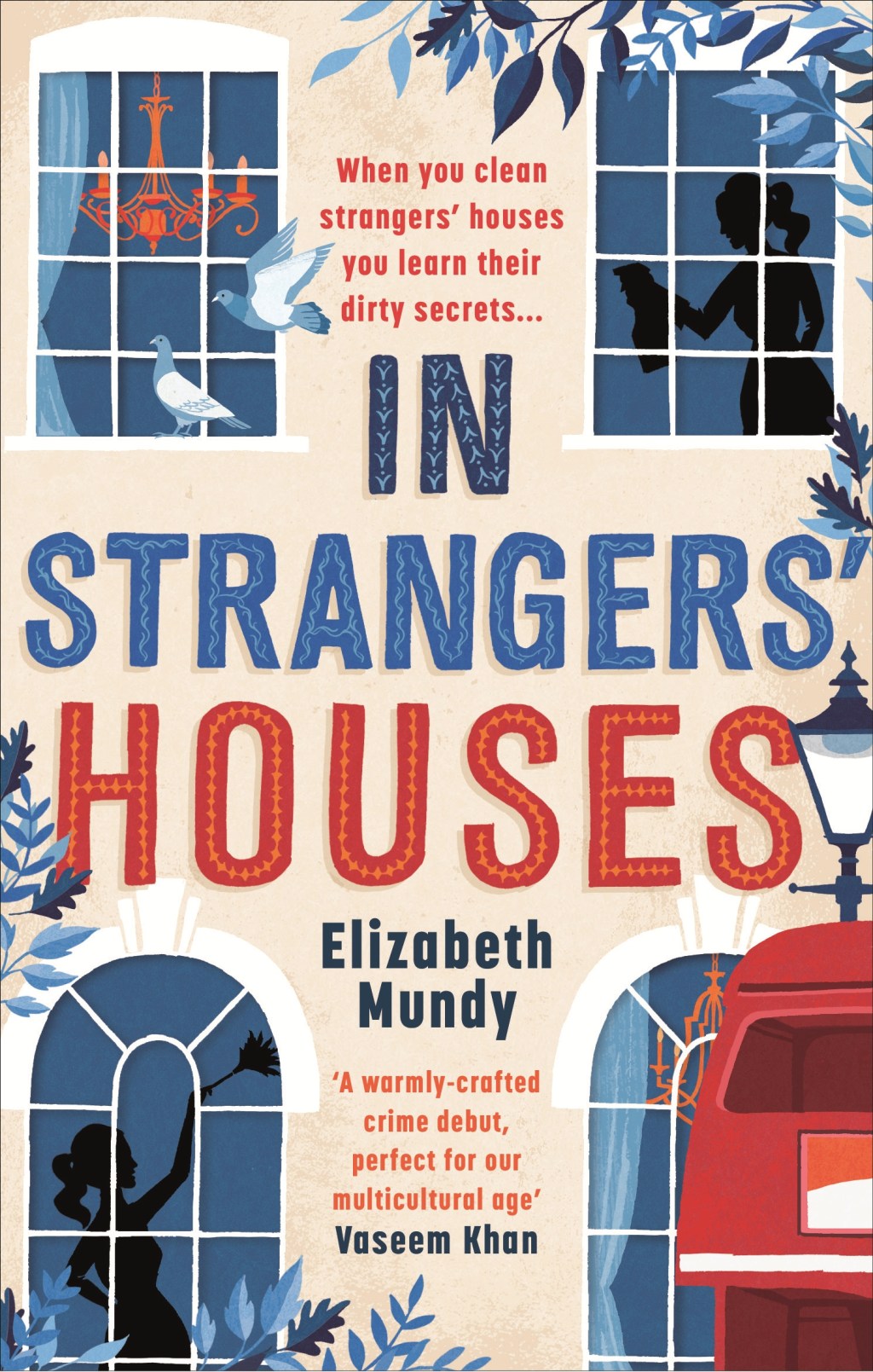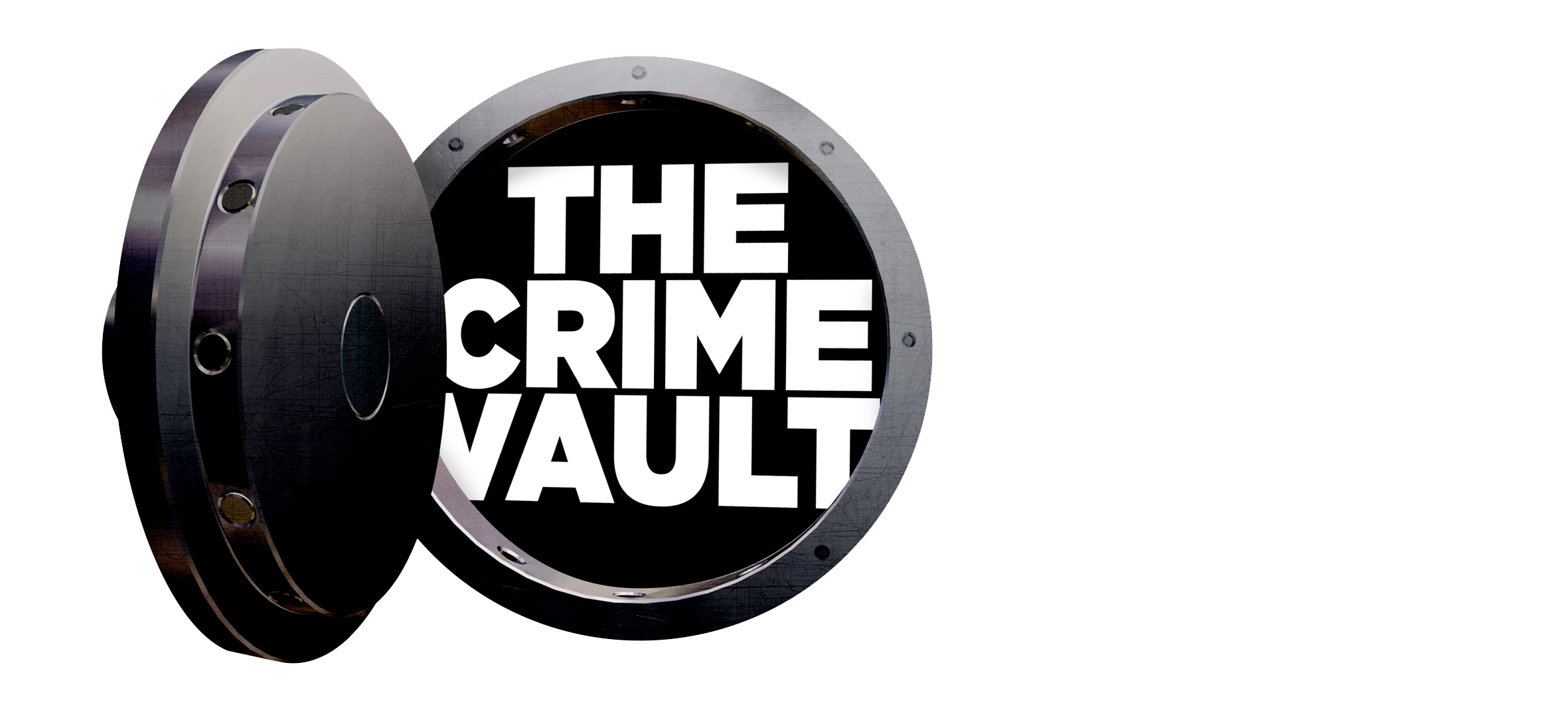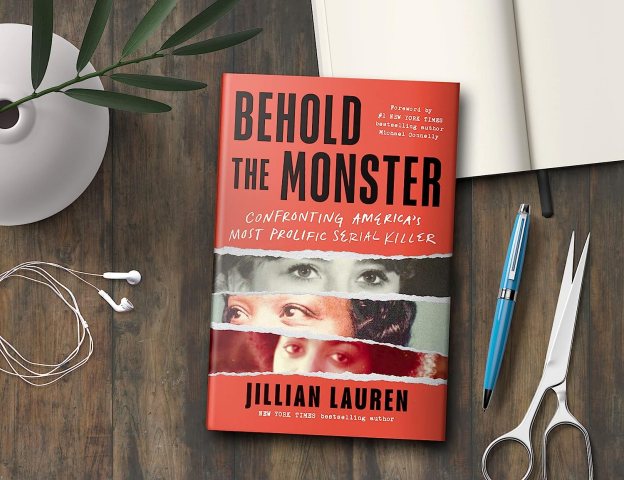Elizabeth Mundy and the inspiration behind In Strangers’ Houses

Elizabeth Mundy talks here about the inspiration behind her brilliant crime debut, In Strangers’ Houses, which is out now!
There are some crimes you can’t sweep under the carpet
Having a cleaner as a detective is unusual in crime fiction, but to me it seems natural. Inspiration struck the first time I visited the flat of my, until then, rather promising new boyfriend. He seemed lovely: funny, successful and very sweet. He seemed sorted: he had a good job, wore a nice to suit to work and bubbled over with confidence. Then I saw his flat.
There were half-eaten, mouldy pieces of toast under his bed and cold cups of tea used as ashtrays littering the living room. I don’t think he’d ever done a load of laundry. Dirty boxers and filthy socks were piled high on the bathroom floor – I had to clamber over them to use the toilet.
He was embarrassed at my horror and hired a cleaner the next day. It struck me that this employee, who he’d hardly ever meet, would know more about his private life than any of his colleagues. The cleaner would be the one to uncover his dirty secrets. That’s when I decided a cleaner would be a great, if unconventional, detective.
Cleaners have intimate access into their clients’ affairs. In general, I doubt they are interested in the state of their clients’ sheets or the contents of their bins. But what if the cleaner suspected a client of a crime? What if it was a crime against their closest friend? What if that friend was now missing, and all they had is a list of clients, the keys to their houses and a mop? That’s how my novel IN STRANGERS’ HOUSES begins.
But there’s more to cleaners than cleaning. Many of them are immigrants to this country. Outsiders looking in. My detective, Lena Szarka, is a cleaner in London, but I chose to make her Hungarian: my own great grandmother Magdaléna emigrated from Hungary to America just before the First World War. Magdaléna was an early economic migrant: she’d been told that in the States the streets are paved with gold. She ended up in Indiana, raising her six children in a house with a dirt floor.
Magdaléna inspired Lena: her heritage, her recipes, but also her willingness to uproot everything in the hope of discovering a better life. Cleaners I’ve interviewed have had more prestigious jobs back home: nurses, teachers, insurance brokers. But in their native countries it was hard to make ends meet, let alone ever hope to buy a house. Leaving everything they knew to come to the UK meant that they had a chance for a better future.
I feel sorry for the cleaner who landed the job with that messy boyfriend of mine. I’m sure it’s not what she had in mind when she came to the UK, full of hopes of a new life and fresh start. But she’s done us both a favour: she not only inspired my new crime series, but she also meant that I eventually made that boyfriend my husband.
There are some crimes you can't sweep under the carpet...
Lena Szarka, a Hungarian cleaner working in London, knows all too well about cleaning up other people's messes. When her friend Timea disappears, she suspects one of her clients is to blame. However, the police don't share her suspicions and it is left to Lena to turn sleuth and find her friend.
Searching through their houses as she scrubs their floors, Lena desperately tries to find out what has happened. Only Cartwright, a police constable new to the job, believes that this will lead to the truth - and together they begin to uncover more of Islington's seedy underbelly than they bargained for.
But Lena soon discovers it's not just her clients who have secrets. And as she begins to unravel Timea's past she starts to wonder if she really knew her friend at all.
Praise for Elizabeth Mundy:
'Terrific and heartwarming; a charming debut' Daisy Waugh
'A warmly-crafted crime debut, perfect for our multicultural age' Vaseem Khan
'I loved In Strangers' Houses - poignant, funny and races effortlessly along. Lena is a wonderfully unusual heroine and I can't wait for her next adventure' Elodie Harper
'Lena's tenacity and common sense illuminate this engaging story' Daily Mail
'Beautiful writing, a fine debut' The Sun







